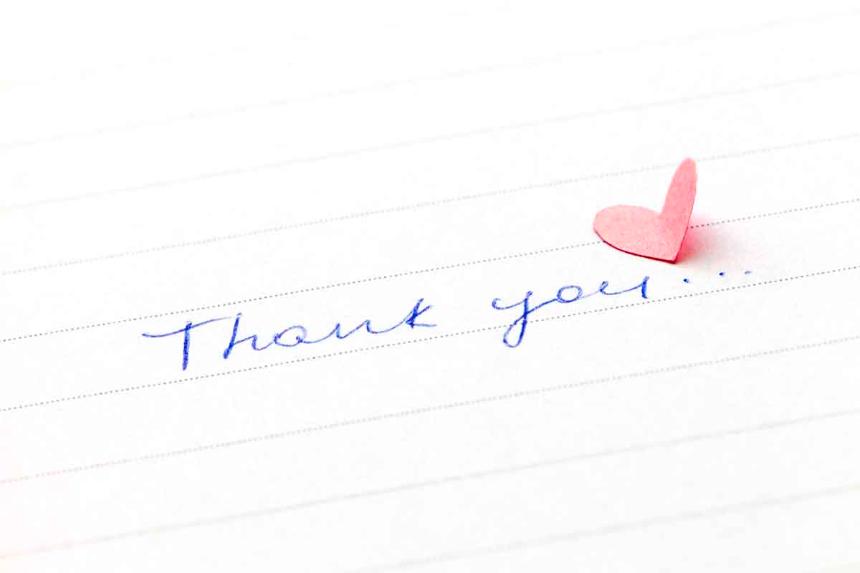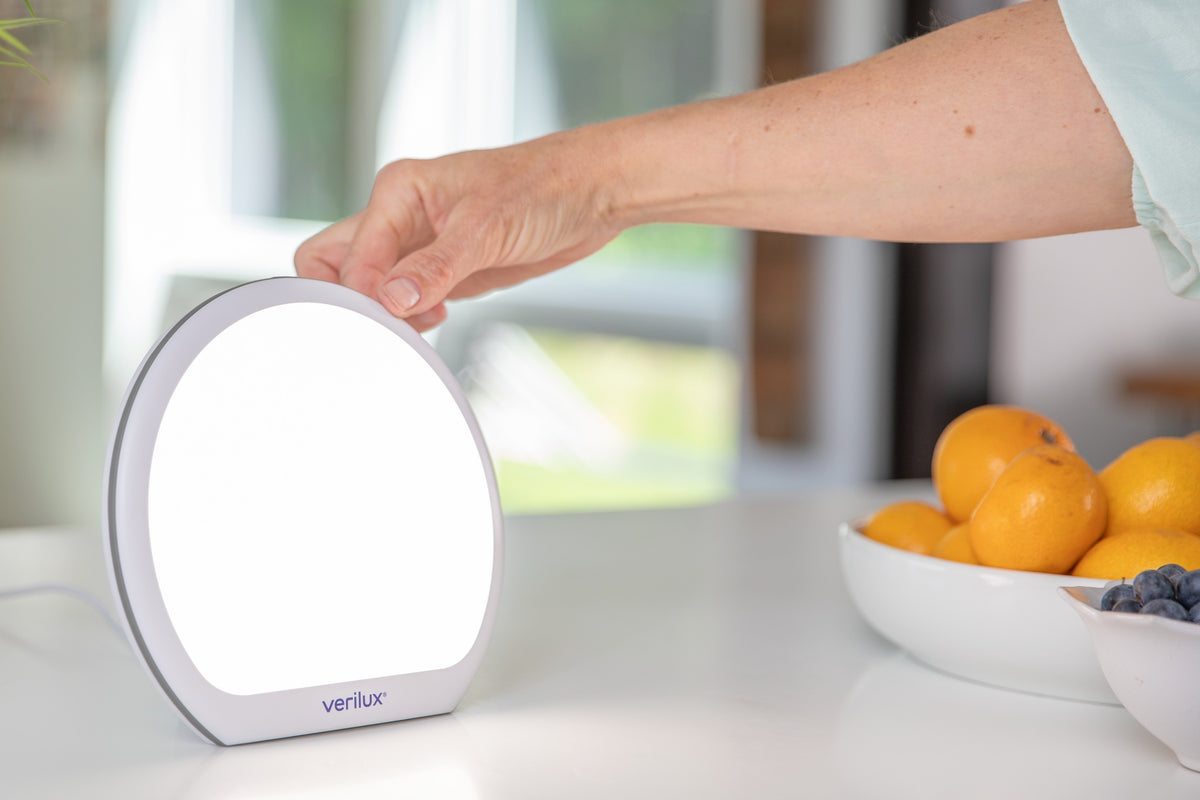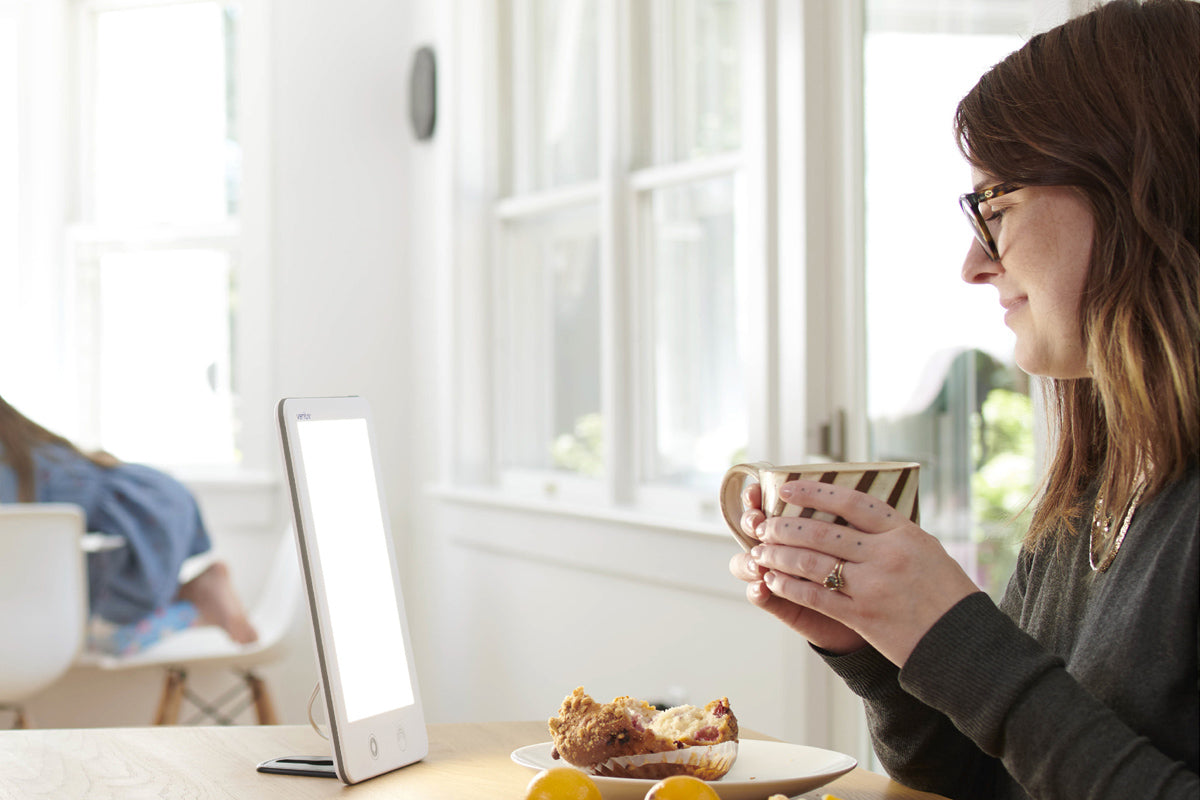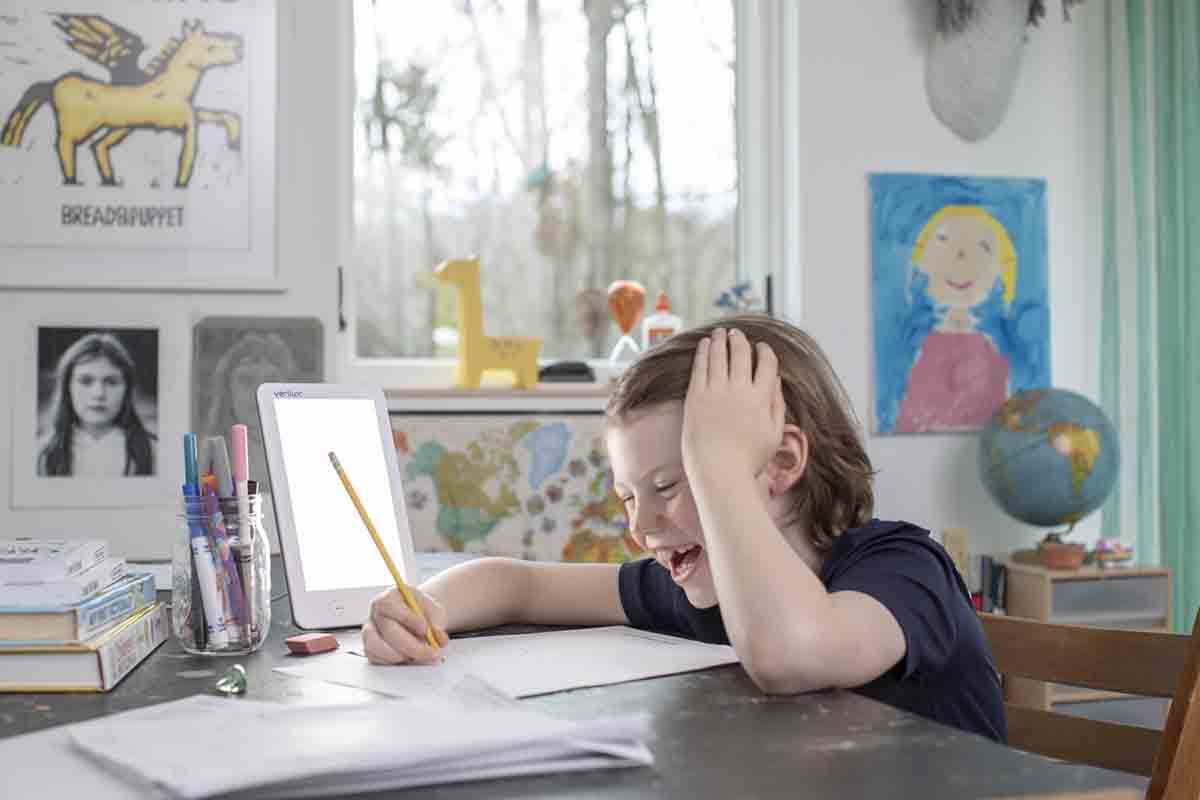Why You Should Say “Thank You” and Mean It
Scientists are working to uncover the impact of showing gratitude. It turns out that saying thank you is more than polite. It can have a lasting impact on our physical and psychological wellbeing.
Numerous studies show that expressing and experiencing gratitude increases satisfaction, vitality, hope and optimism. It also decreases levels of depression, anxiety, envy, job-related stress and burnout. People who give and receive gratitude report fewer symptoms of physical illness, they exercise more and enjoy better quality sleep.
While many of the immediate effects of expressing gratitude are clear, researchers Stephen Yoshimura and Kassandra Berzins tell us it also contributes to long-term success in relationships and personal wellbeing "up to six months after a deliberate expression to one's relationship partner."
Every day provides multiple opportunities to genuinely say “thank you.” Often the word, “thanks” just come out of our mouths automatically. We pay little attention to the meaning or value of the word. There are times when I’ve walked away from a situation unable to remember if I’ve thanked the person on the other end of the exchange. Saying “thank you” has become a reflex and not a true expression of my appreciation. It does little good to say the words without honoring their intention.
We can consciously choose to thank our family members and friends for actions we’ve begun to take for granted. A colleague of mine who shares the responsibility of cooking with her husband says after each meal, the one who didn’t cook thanks the one who did. They’ve been doing this for over 20 years and she says it still feels great to hear him express appreciation for something so simple. When she thanks him for putting dinner down in front of her, she says it’s another way to say, “I love and appreciate you.” Who doesn’t like hearing or saying that?
At work, a heartfelt thank you can rise above the noise of busy-ness -- particularly if you tend to rush through your day interacting but not engaging. When’s the last time you showed authentic gratitude to the people who help you achieve your day-to-day responsibilities? Simply stopping to say “thank you” can put things in perspective. It allows for much-needed human connections that remind us to look beyond the data and numbers with which we’re often bombarded. Plus, it’s a proven morale booster.
Say “thank you” to the courteous stranger who holds the door for you, or the barrister who makes your morning coffee. It will force you to look away from your device and honor the present moment. You’ll also spread the gratitude virus because gratitude is contagious. Make eye contact and feel your heart as it bathes in the warmth of appreciation.
You don’t have to say “thank you” in person. Writing the words to someone in an email or a handwritten note is also effective. The more time you spend drafting your message, the better. Every minute you spend feeling grateful is one less minute you’re living in negative space.
Written by Teressa Moore Griffin for Working Mother and legally licensed through the Matcha publisher network. Please direct all licensing questions to legal@getmatcha.com.








